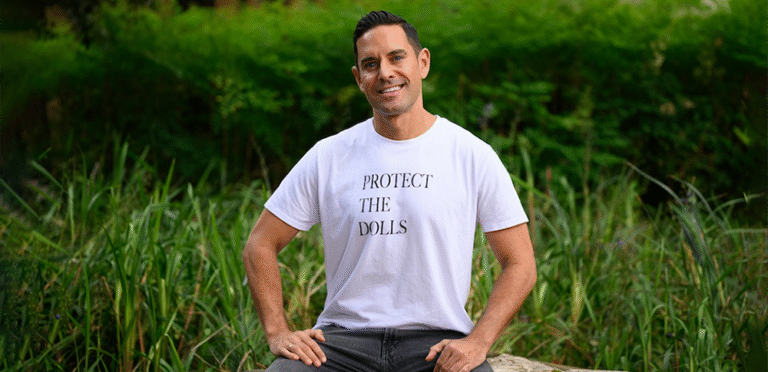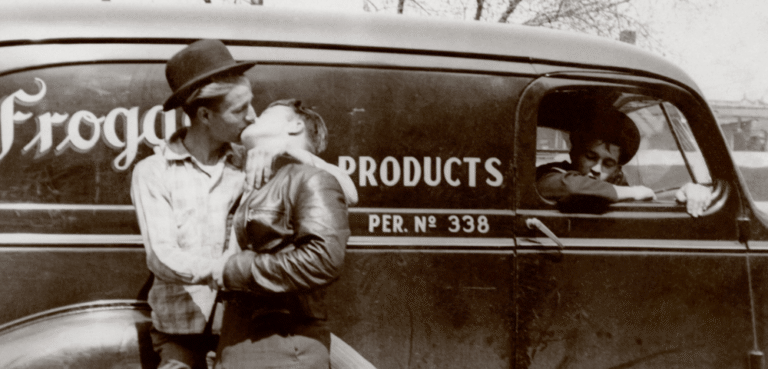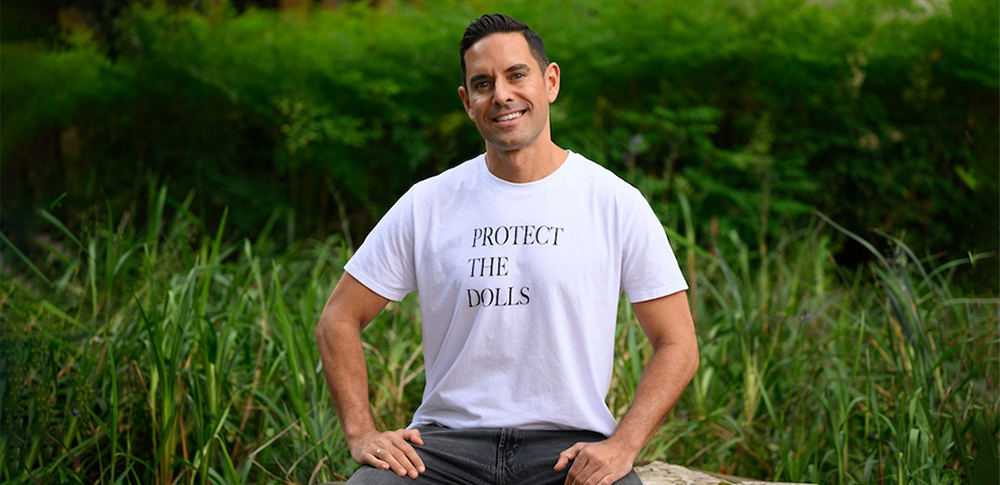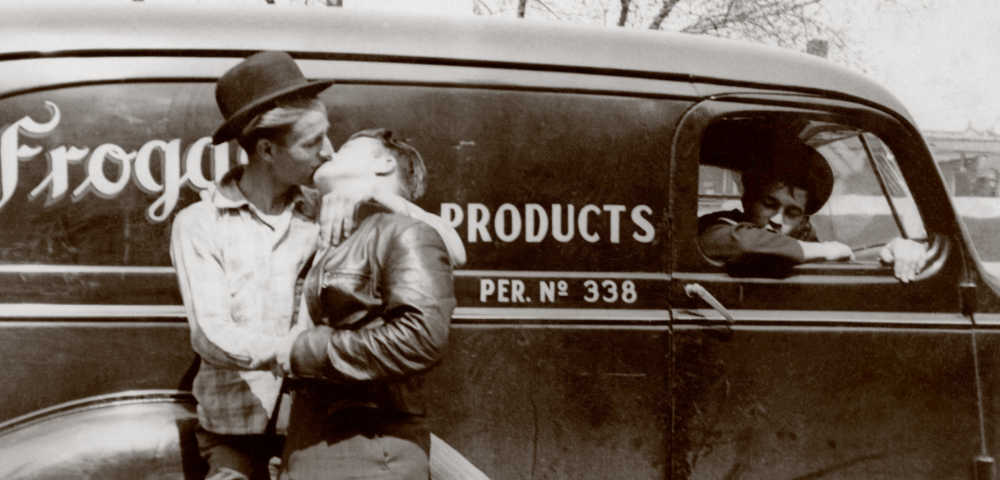
Marsden judgment appealed
Old foes sparred one more time in the Court of Appeal this week: high-profile lawyer John Marsden in one corner, and Amalgamated Television Services, a.k.a. Channel Seven, in the other.
Both sides made their final points on Tuesday in an appeal action brought by Channel Seven against the Marsden defamation case judgment. The appeal case ran for two and a half weeks in front of Justices Margaret Beazley, Roger Giles and Kim Santow.
Last June, Justice David Levine awarded Marsden almost $600,000 in damages for injury suffered as a result of pederasty allegations broadcast on two Channel Seven programs in 1995 and 1996. In the course of the seven-volume judgment, Justice Levine also found that the network had been actuated by malice in their pursuit of Marsden.
In their 29-page Notice of Appeal, Channel Seven stated that Justice Levine so erred in his analysis and assessment of the evidence about Marsden’s alleged sexual involvement with several witnesses that the trial miscarried.
Seven’s lawyers also argued that Justice Levine should have found and taken into account, that the Respondent [Marsden] was a witness whose testimony was generally unworthy of credit.
Among many other points of claim, Counsel for Channel Seven this week seemed to be arguing that one of their witnesses had been given short shrift by Justice Levine.
Jason Lilburn, who was described as an intransigent witness in Justice Levine’s judgment, raised the ire of the good judge during the defamation proceedings when he refused to answer questions put to him by Marsden’s legal counsel.
I don’t propose to waste the court’s dignity with Mr Lilburn, Justice Levine said at the time.
However, this week, Counsel for Channel Seven, Bob Stitt QC, said that intransigent witness was not an appropriate label to give Lilburn. Stitt went on to argue that Lilburn had been a compliant witness until a man known to him appeared in the court room.
It was the appearance in court of this person -¦ which brought about a change in Lilburn’s demeanour, Stitt told the court. When this man came into court, it was obvious to all that something significant had happened.
Stitt argued that it had been incumbent upon the trial judge to hear what Lilburn had to say about the appearance of the man in the courtroom, but that Justice Levine had not granted a request to that effect.
Channel Seven also argued this week that Justice Levine should have admitted the so-called Elomari tapes into evidence in the case. Numerous attempts were made during the defamation case by Seven to admit the tapes -“ reportedly a record of conversations between Marsden and the Channel Seven truth witness Steven Elomari in 1995 and 1996 -“ but all were unsuccessful.
Counsel for Marsden in the appeal action, Bret Walker SC, told the court this week that Justice Levine was right to refuse admission of the tapes.
There was also a dispute between the two parties about different versions of transcript of the Elomari tapes. Walker said there remained really substantive differences between the parties over the transcripts.
Another point of contention aired in court on Tuesday centred on the issue of the psychiatric damage done to Marsden by the broadcast of the two programs. Stitt contended that only one witness in the case was qualified to express an opinion on the matter -“ psychiatrist Dr Patrick Toohey -“ and that psychologist Stephen Woods, who also gave evidence, was not qualified to express medical opinions as he held an arts degree rather than a medical degree.
However, Walker argued in reply that the difference was semantic.
Depression may be called a psychological disorder as well as a psychiatric illness, he told the court.
After final submissions were made, Justice Beazley stated that the judges would be reserving their decision. Acknowledging the tortuous history of the case, she also said she would not be offering comments about the closure of the matter.










